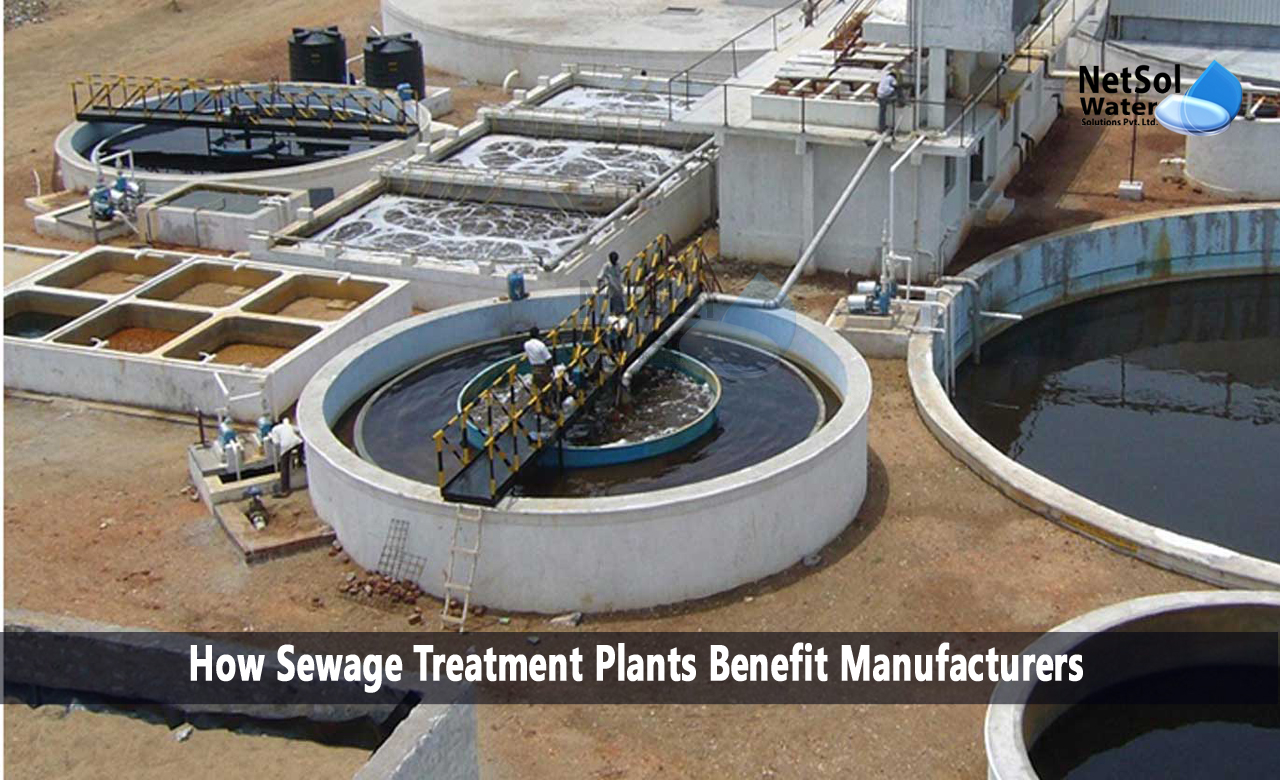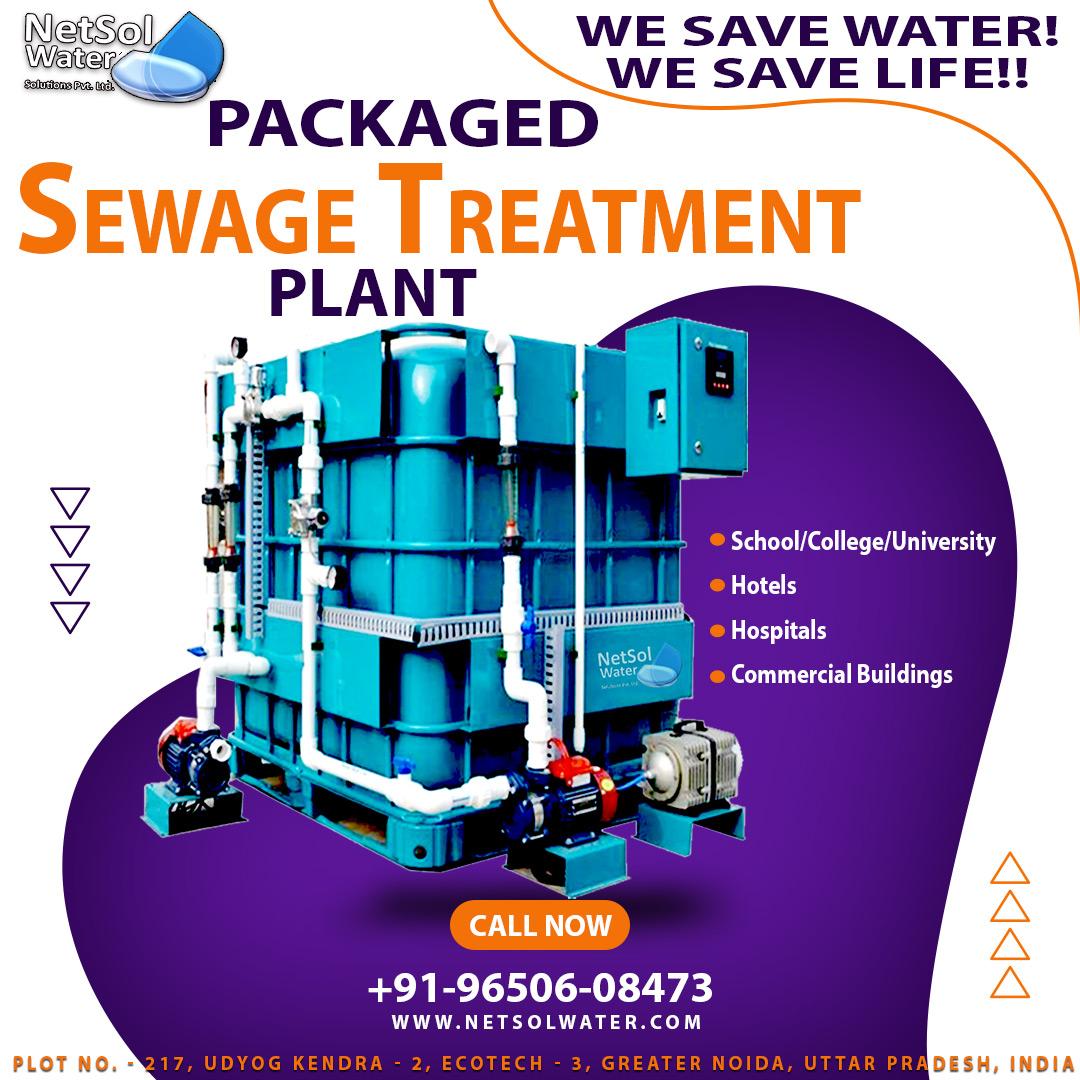How Sewage Treatment Plants Benefit Manufacturers?
Water is a precious resource, and efficient water management has become a critical focus for industries worldwide. Manufacturers, in particular, have a significant role to play in conserving and responsibly utilizing water resources. One innovative solution that holds great potential in this regard is the integration of sewage treatment plants within manufacturing facilities. By effectively treating and recycling wastewater, these plants offer numerous benefits to manufacturers, including improved water management, cost savings, and environmental sustainability.
In this blog post, we will explore how sewage treatment plants benefit manufacturers and contribute to efficient water management.
-
Water Conservation and Reuse:
One of the key advantages of sewage treatment plants for manufacturers is the ability to conserve and reuse water. Manufacturing processes typically consume large quantities of water, and by implementing on-site treatment facilities, companies can significantly reduce their freshwater intake. Wastewater that undergoes proper treatment can be recycled and reused for non-potable purposes, such as equipment cooling, cleaning, or irrigation. This not only helps in preserving local water sources but also reduces operational costs associated with freshwater procurement. By actively conserving water and promoting its reuse, manufacturers can demonstrate their commitment to sustainable water management practices.
-
Compliance with Regulations:
Water pollution is a significant environmental concern, and manufacturers must adhere to stringent regulations regarding the discharge of wastewater. Sewage treatment plants provide a reliable solution for meeting regulatory requirements. These plants employ various treatment processes, including physical, biological, and chemical methods, to remove contaminants from wastewater. By treating wastewater on-site, manufacturers can ensure that their discharge meets the necessary quality standards, avoiding potential fines, legal complications, and reputational damage associated with non-compliance. Compliance with water regulations not only protects the environment but also demonstrates responsible corporate citizenship.
-
Waste Minimization and Cost Savings:
Wastewater generated by manufacturing processes often contains valuable resources that can be recovered and reused. Sewage treatment plants enable manufacturers to extract and reuse these resources, minimizing waste and reducing production costs. For example, organic matter present in wastewater can be converted into biogas through anaerobic digestion, which can then be used as an energy source. Additionally, nutrients like nitrogen and phosphorus can be recovered and used as fertilizers or sold to other industries. By implementing sewage treatment plants, manufacturers can turn what was once considered waste into valuable resources, resulting in both environmental and economic benefits.
-
Environmental Stewardship:
Manufacturers are increasingly expected to adopt sustainable practices and demonstrate environmental stewardship. Integrating sewage treatment plants aligns with these expectations by actively reducing the environmental impact of manufacturing operations. By treating wastewater on-site, the release of pollutants and harmful substances into natural water bodies is minimized, protecting aquatic ecosystems and public health. Moreover, the implementation of these plants showcases a proactive commitment to sustainable development and can enhance a company's reputation as an environmentally responsible organization.
-
Innovation and Future-Proofing:
As water scarcity and environmental concerns continue to escalate, businesses need to adapt and future-proof their operations. Integrating sewage treatment plants represents an innovative and forward-thinking approach to water management. By investing in such infrastructure, manufacturers demonstrate their readiness to tackle future challenges and contribute to the development of a more sustainable industry. Additionally, this proactive approach positions companies favorably in the eyes of consumers, investors, and stakeholders who prioritize environmental sustainability.
Conclusion:
Efficient water management is crucial for manufacturers seeking to reduce their environmental impact and operate responsibly. Sewage treatment plants offer a range of benefits, including water conservation, compliance with regulations, waste minimization, and environmental stewardship. By treating and recycling wastewater on-site, manufacturers can optimize resource utilization, reduce costs, and enhance their reputation as environmentally conscious organizations. Embracing sewage treatment plants represents a step towards sustainable water management and sets a positive example for the industry as a whole. As manufacturers continue to prioritize efficiency and sustainability, the integration of sewage treatment plants will play an increasingly significant role in their operational strategies.




